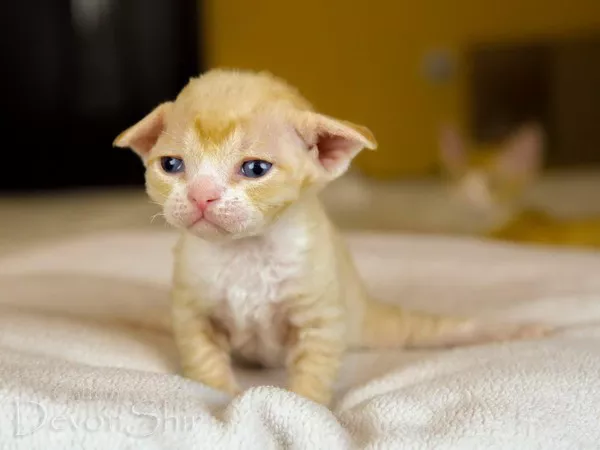The Chausie cat, with its striking appearance and captivating demeanor, has become a sought-after companion for cat enthusiasts looking for a touch of the wild in their homes. As a hybrid breed with domestic and wildcat ancestry, potential Chausie cat owners often wonder about their feline’s lifespan. In this article, we will explore the factors that influence the Chausie cat’s lifespan and provide insights into how to ensure a long and healthy life for this exotic breed.
Meet the Chausie Cat
The Chausie cat is a unique and relatively rare breed that originated from the crossing of domestic cats with jungle cats (Felis chaus), a small wildcat species found in parts of Asia and the Middle East. As a result of this hybridization, Chausie cats possess a distinctive appearance, resembling their wild ancestors with their tall, lean bodies, large ears, and expressive eyes.
Understanding the Chausie Cat’s Lifespan
The lifespan of a Chausie cat can vary depending on several factors, including genetics, diet, healthcare, and environmental conditions. On average, a well-cared-for Chausie cat can live between 12 to 20 years. However, it’s essential to remember that individual cats’ lifespans may differ within this range.
Factors Affecting a Chausie Cat’s Lifespan
1. Genetic Factors
Genetics play a significant role in determining a Chausie cat’s lifespan, just as it does in any living creature. Responsible breeders carefully select parent cats with robust health and desirable traits to ensure healthy offspring. By choosing cats with minimal genetic health issues, breeders can positively impact the overall health and longevity of the breed.
2. Diet and Nutrition
Proper nutrition is crucial for the well-being and longevity of any cat, including the Chausie. Feeding a balanced and high-quality diet tailored to the cat’s age, activity level, and health status is essential for promoting optimal health. Chausie cats have active, playful personalities, and they require diets rich in protein and essential nutrients to support their energy needs and overall vitality.
3. Exercise and Enrichment
Chausie cats are known for their energetic and curious nature. Providing ample opportunities for physical exercise and mental stimulation is essential for their well-being. Regular play sessions, interactive toys, and access to climbing structures can help keep Chausie cats engaged and physically active, reducing the risk of obesity and associated health issues.
4. Routine Veterinary Care
Regular veterinary check-ups are vital for all cats, and Chausies are no exception. Routine visits to the veterinarian help identify potential health issues early on, allowing for prompt treatment and intervention. Vaccinations, parasite control, and dental care are also crucial aspects of routine veterinary care that contribute to a cat’s overall health and longevity.
5. Environmental Factors
The environment in which a Chausie cat lives can impact its lifespan. A safe, stimulating, and stress-free living space is essential for their well-being. Minimizing exposure to potential hazards, providing a comfortable and warm sleeping area, and ensuring access to fresh water are some ways to create an ideal environment for a Chausie cat.
6. Common Health Concerns
While Chausie cats are generally considered a robust and healthy breed, like all cats, they may be prone to certain health conditions. Some common health concerns observed in Chausie cats include:
Patellar Luxation
Patellar luxation, or “slipped kneecap,” is a condition where the cat’s kneecap temporarily moves out of place. This can lead to discomfort and limping. Regular veterinary check-ups can help identify this condition early and prevent further complications.
Hypertrophic Cardiomyopathy (HCM)
HCM is a heart condition that affects cats, including Chausies. It involves the thickening of the heart muscles, potentially leading to heart failure. Regular cardiac screening by a veterinarian can aid in early detection and management of this condition.
Dental Issues
Chausie cats, like many other breeds, can be prone to dental problems such as tartar buildup and gum disease. Regular dental care, including brushing and dental check-ups, can help maintain good oral health.
Feline Lower Urinary Tract Disease (FLUTD)
FLUTD is a term used to describe various conditions affecting the feline lower urinary tract. Chausie cats can be susceptible to FLUTD, and owners should watch for signs of urinary issues, such as frequent urination, straining to urinate, or blood in the urine.
Providing a Healthy and Enriching Lifestyle
To ensure a long and happy life for a Chausie cat, owners must prioritize their feline companion’s health and well-being. Here are some essential tips to provide a healthy and enriching lifestyle for a Chausie cat:
1. Regular Vet Check-Ups
Schedule routine veterinary check-ups and vaccinations to monitor your cat’s health and catch any potential issues early.
2. Balanced Diet
Feed a balanced and high-quality diet tailored to your Chausie cat’s needs, and avoid overfeeding to prevent obesity.
3. Exercise and Mental Stimulation
Engage your Chausie cat in regular play sessions and provide toys and activities that encourage physical exercise and mental enrichment.
4. Cat-Proofing the Environment
Create a safe living space by eliminating potential hazards and providing a stimulating environment with climbing structures and scratching posts.
5. Dental Care
Implement a regular dental care routine, including brushing your cat’s teeth and providing dental treats or toys to promote oral health.
Conclusion
The Chausie cat, with its wildcat allure and affectionate personality, has captured the hearts of many cat enthusiasts. When provided with proper care, attention, and a stimulating environment, Chausie cats can enjoy a lifespan ranging from 12 to 20 years. Genetic factors, diet, exercise, veterinary care, and the overall living environment all contribute to the well-being and longevity of this exotic feline breed. By understanding their unique needs and providing a healthy and enriching lifestyle, Chausie cat owners can ensure their feline companions lead long, happy, and fulfilling lives.

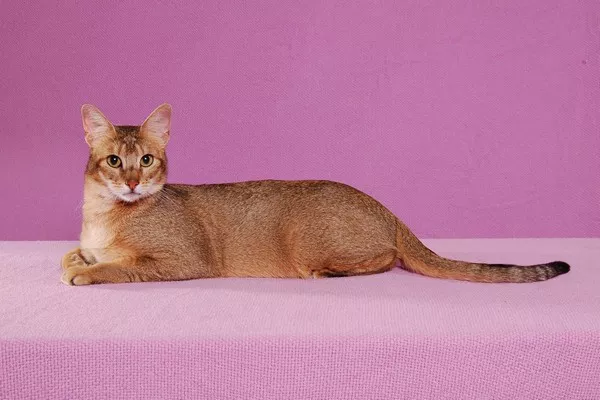
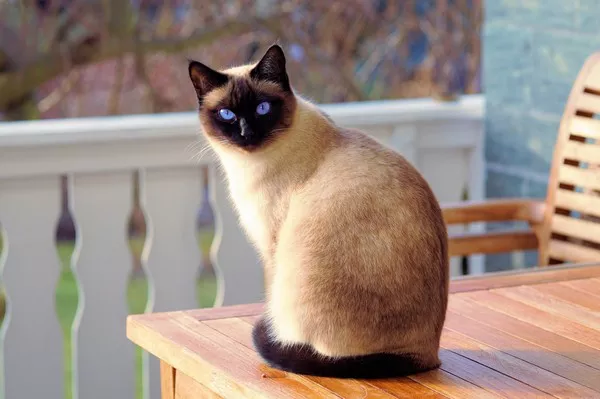

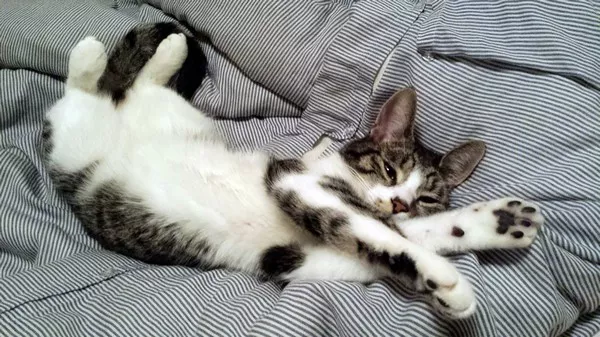
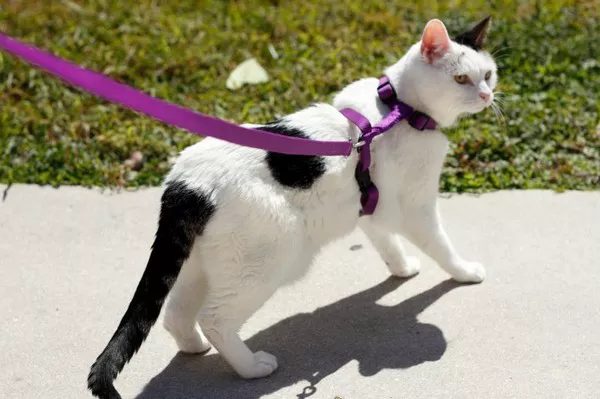
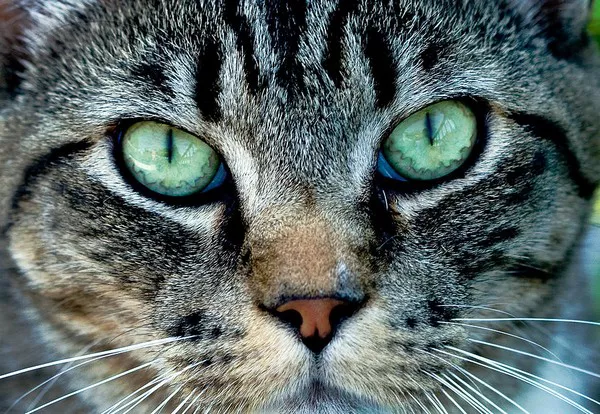


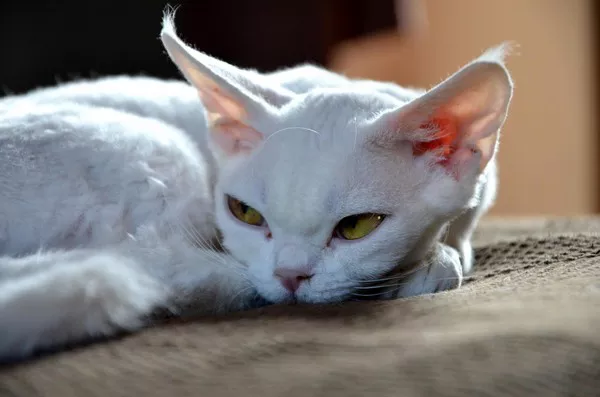
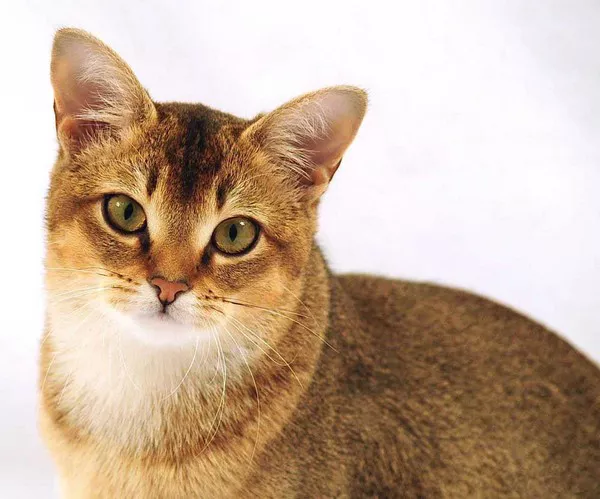
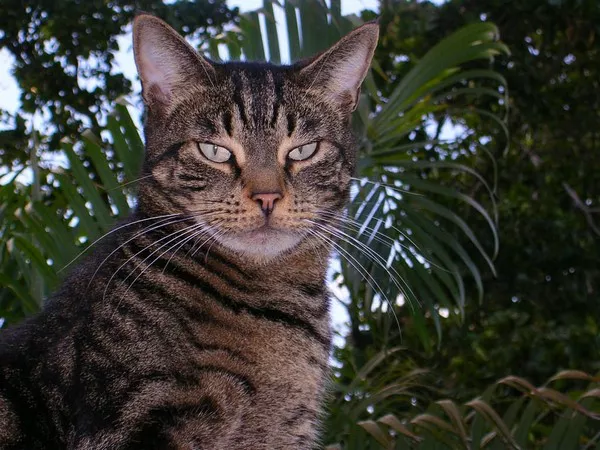
![Do Birman Cats Like to Cuddle? [Revealed!]](https://www.catsmeowweb.com/wp-content/uploads/2023/06/burmese-cat-32.webp)
